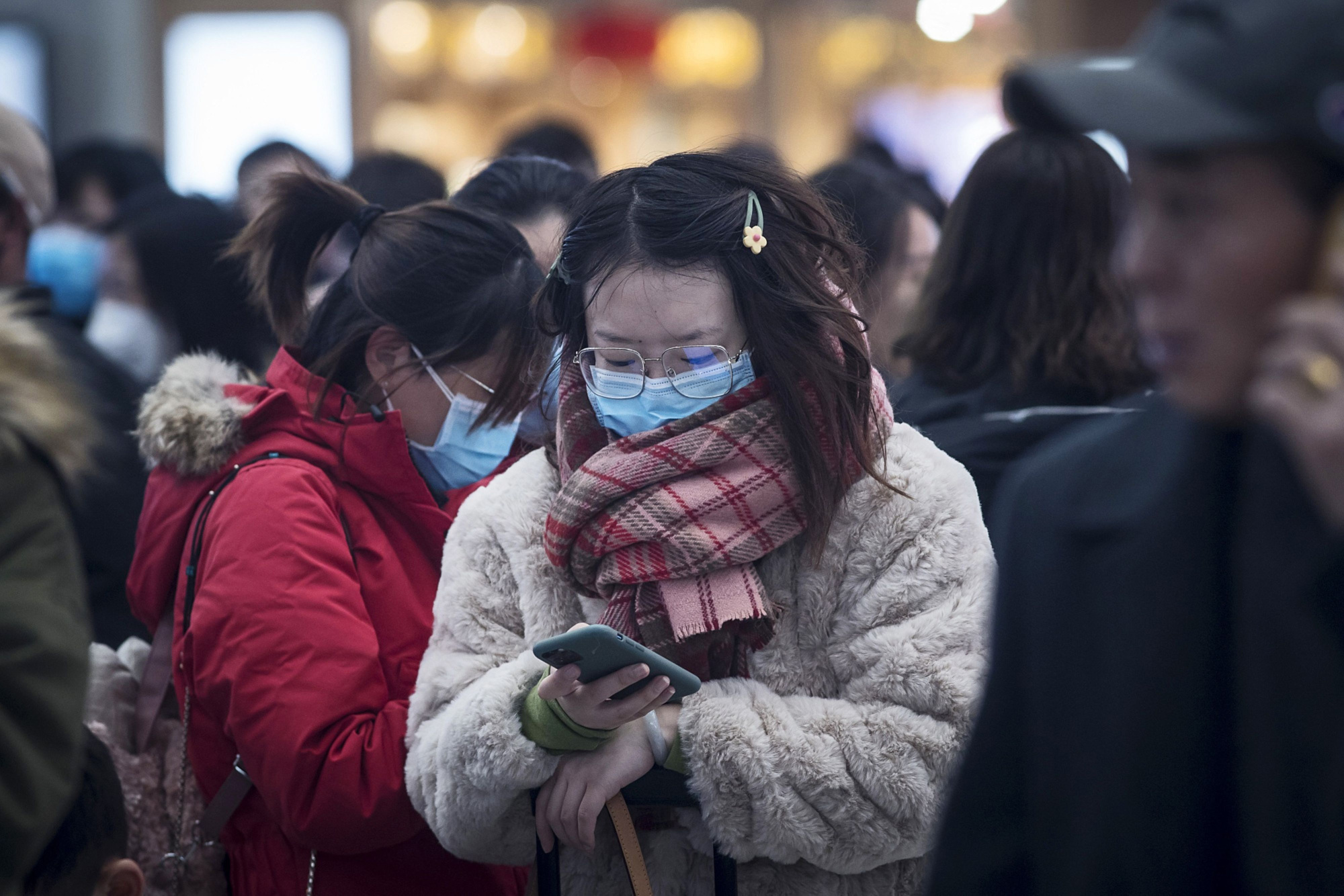The news about the Wuhan coronavirus is bad and is getting worse. In terms of its potential for devastation, the current virus is in close competition with its 2003 cousin, the SARS coronavirus. Infections have already surpassed that of SARS cases, and while the new disease doesn't seem as deadly as SARS, fatalities are edging upward. The human toll also comes with an economic one, and China's economy is far more essential to the global economy now than it was in 2003, giving new meaning to the old nostrum, when China sneezes, the world catches a cold.
And this time the world's capacity to catch that cold is far worse, in part due to the rise of social media. During the SARS scare, the world wasn't hooked on social media. Today, we can expect digital viruses — the re-tweetable tweets, the likeable posts, the shareable memes — to rideshare with the coronavirus. Viral misinformation could worsen the global public health emergency.
No doubt, social media can help as a powerful tool for public health messaging, educating and debunking myths. Unfortunately, the myth-makers tend to beat the educators and debunkers; according to a recent MIT study, false news is 70 percent more likely to be retweeted than true stories, with truth traveling six times slower than falsehood.

















With your current subscription plan you can comment on stories. However, before writing your first comment, please create a display name in the Profile section of your subscriber account page.